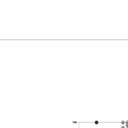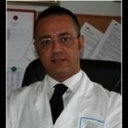Massive Tension Pneumocephalus Following Cochlear Implant Surgery.
Paraules clau
Resum
To report clinical presentation, management and outcomes of a rare complication of cochlear implant surgery.
A 68-year-old man, affected by profound bilateral deafness because of superficial cerebral hemosiderosis, presented to Authors' Department 8 days after cochlear implant surgery with vomiting, fever, and mental confusion. Brain computed tomographic (CT) scan showed a massive collection of intracranial air from an osteodural defect in the right tegmen mastoideum because of repeated nose blowing in the postoperative period.
A multilayer reconstruction of the tegmen with obliteration of the mastoid cavity using abdominal subcutaneous adipose tissue was performed, preserving the cochlear implant in place.
Following surgery the patient showed rapid neurological improvement and CT scan performed 2 days later showed complete resolution of the intracranial air collection. He is currently using the cochlear implant with open set performances.
Pneumocephalus is a rare complication of cochlear implant surgery. In patients with severe neurological signs following cochlear implantation (CI), pneumocephalus should be suspected. Drilling of mastoid air cells may expose dura mater and positive high pressure events may break meningeal layers and force air into the cranial cavity.



